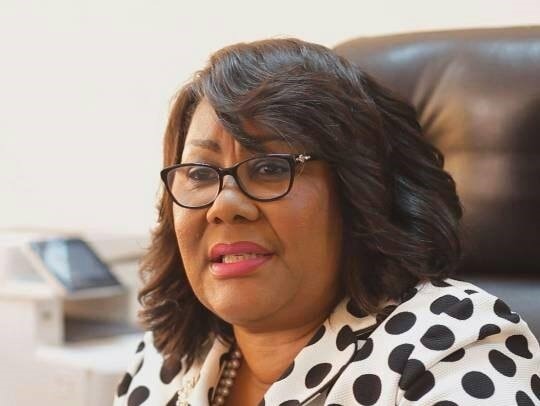
Over 600,000 firms face deletion as maiden clean-up exercise starts Feb
Ghana’s register of companies has more than one million entities in its database, yet less than half of the registered firms are in active operation and complying with the Companies Act, the Registrar General, Mrs Jemima Oware, has said.
The development is a “dent on the credibility of the register”, Mrs Oware told the Graphic Business on January 25, but said a clean-up exercise had been scheduled later this year to rid the records of dormant and non-compliant companies and repose confidence in the registry.
“How can you say that in Ghana, we have over a million businesses and only less than 400,000 are actively working?
“That is why the clean up is necessary,” Mrs Oware said.
Giving further insights into the planned exercise, she said the exercise would start in February and last for six months, within which more than 600,000 companies could be expunged from the Registrar General’s Department’s (RGD) records of businesses.
It involves notifying the prospective companies, publishing the list, gazetting it and then deleting those found to have ceased operation, she said.
Justify your existence
“Most people register companies just for one-time purposes; maybe they want a visa, contract or something like that.”
“Currently, the serious ones are just about 400,000,” the Registrar General said.
She said the other 600,000 companies were neither filing returns nor updating the RGD, contrary to the requirements of the Companies Act.
These firms, she said, had been inactive for periods ranging between 15 years to 20 years.
“Some are just sitting on my register and occupying space but others are also working but refusing to update us.”
“They should know that this is a new register that I am going to set up and I am coming with a gun,” Mrs Oware said.
She was hopeful that the clean-up exercise would present dormant companies an opportunity to justify why they should be allowed to remain on the register.
“When I put out a notice and gazette it, I will give you time to come and renew and if you do not come, I will give you a second notice.”
“If you still do not come, then I will start the striking out (deletion),” the Registrar General said.
Should an active company be deleted in the course of the exercise, the Registrar General said, that firm would have to register in other to be reinstated into the register.
Maiden exercise
In a separate interview, a former employee of the RGD and an expert in company restructuring and insolvency, Mr Jacob Saah, said the planned exercise, when successful, would be the first time in the 59-year-old history of the RGD that the Register of Companies would be cleaned.
He recalled that in his days at the department – between 1990 and 2000 – similar discussions to clean up the register were made although they never materialised.
Mrs Oware, however, said unlike in the past, the current plan to clean up the register “is not a joke” but would be implemented to the letter.
“As for now, there are international organisations that want to see that the register has actually been cleaned up and that is why we are going full force.
“It is not a joke this time round; I am serious,” she said, noting that the department had set aside funds to help execute the project.
She said the department’s aim was to produce a register that was “clean, verifiable and has accessible database.
“We want a register that when people come, they will know that this is reliable data and these are companies that are really doing business in Ghana,” she said.
Creating space
Mr Saah, who is a member of the Ghana Association of Restructuring and Insolvency Advisors (GARIA), said the exercise was necessary to boost business confidence, create space for more companies to be registered and refocus tax collection efforts by the Ghana Revenue Authority (GRA) and the various metropolitan, municipal and district assemblies (MMDAs) on the right companies.
“When you want to register your company, a search must be done to see whether your proposed name is available or not. If a company is on the register with the same name as yours, you cannot use the name meanwhile it is possible that that company has ceased operation or was really never used.”
“So, if more than half of the register is like that then you can imagine how difficult it has become to even get a company registered,” he said.
Impact on taxes
On its impact on tax collections, Mr Saah, who is a lawyer, said the understanding was that once a company’s name was on the register of companies, it meant that that company was in operation and must be made to pay tax.
“Now, imagine that the GRA is trying to chase these companies for taxes and out of the one million or so companies registered, it turns out that 600,000 become a wild goose chase.”
“It will not be encouraging,” he said.
Previously, because everything was paper-based, it was extremely difficult to do such a thing but now, with the availability of technology and all that it should be easier to look at a computer and decide that this thing is past due,” he said.